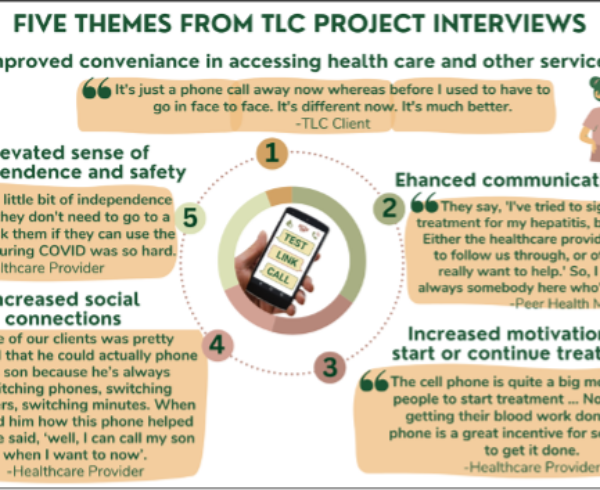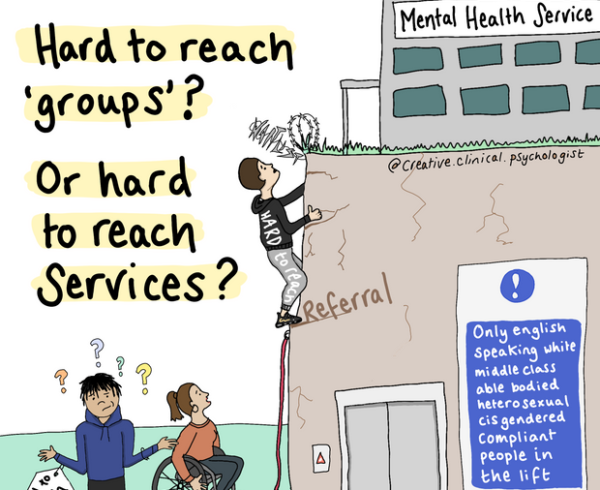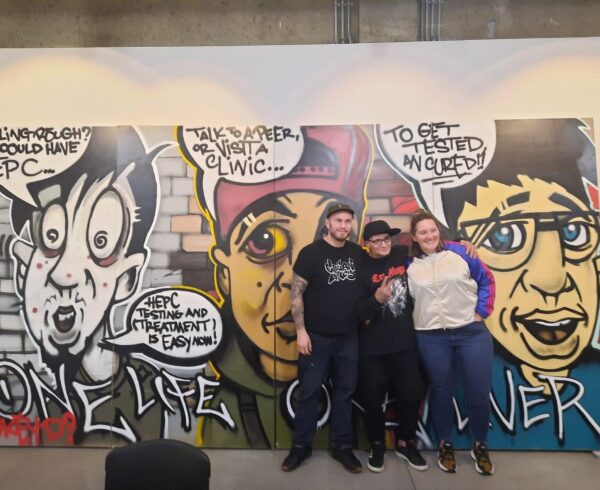By Sofia Bartlett PhD, Senior Scientist for Sexually Transmitted and Blood-Borne Infections (STIBBI) with Clinical Prevention Services at the BC Centre for Disease Control
Pam Young, Program Manager & Peer Health Mentor, Unlocking the Gates Services Society
Cheri McBride, Peer Health Mentor, Unlocking the Gates Services Society
Tammy Milkovich, Peer Health Mentor, Unlocking the Gates Services Society
Following up from her last guest post introducing the TestLinkCall (TLC) Project, Sofia sat down with Pam, Cheri, and Tammy from Unlocking the Gates Services Society (UTG) for an interview to discuss their work and TLC Project. UTG is a Peer-led and run not-for-profit organization that supports people when they are released from prison or jail in British Columbia (BC) to help them start their life again back in in the community. TLC Project is a pilot to link people living with hepatitis C (‘hep C’) infection with Peer Support through UTG and providing them with a cell phone after release from prison.
Sofia: Can you tell me how you describe your job with UTG, and how does UTG work?
Cheri: I’m a Peer Health Mentor with Unlocking the Gates; we walk alongside people when they are leaving corrections, help guide them on accessing services, and whatever other things they need assistance with. Having people with lived experience of incarceration involved in this period of transition when someone is leaving corrections makes a huge difference to how clients react to services that are offered!
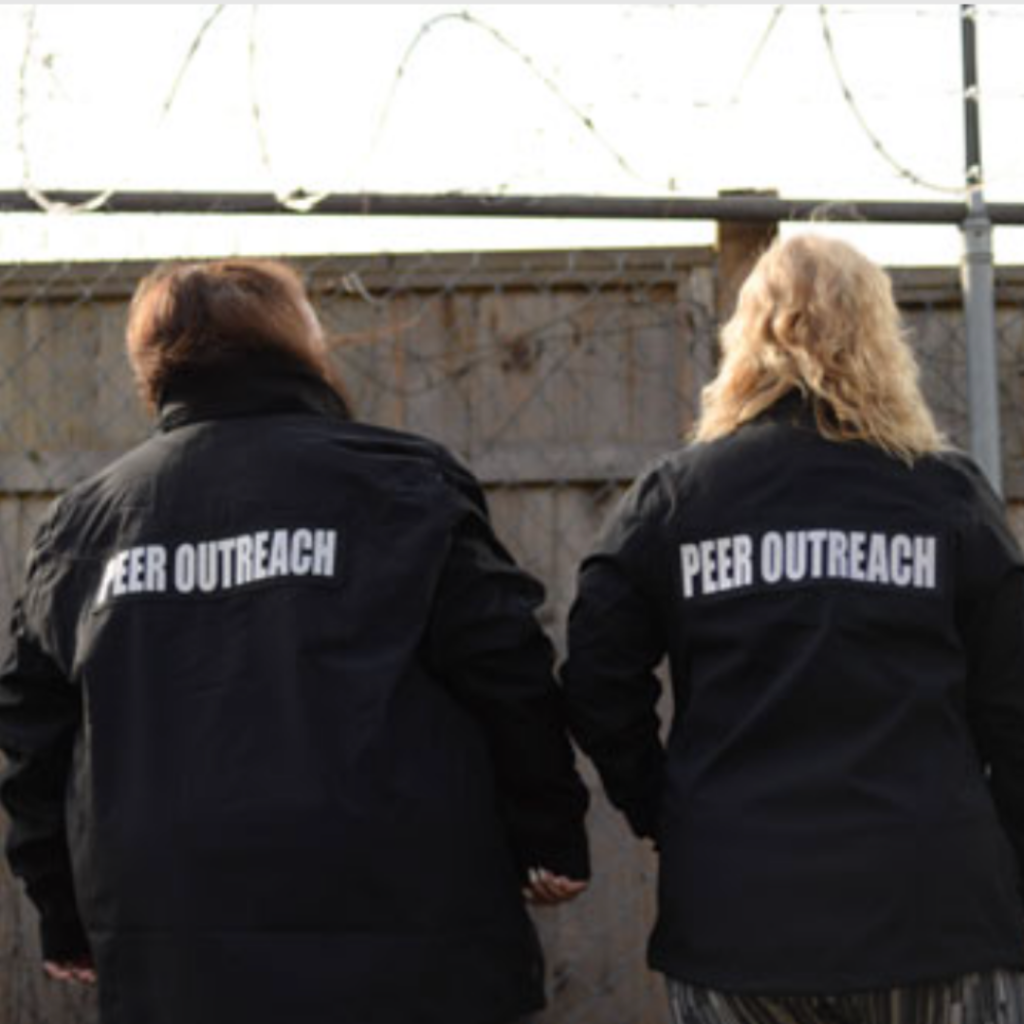
Sofia: What is the Test Link Call (TLC) Project and how are you involved in it?
Tammy: We identify clients coming out of corrections who have hep C and who haven’t been linked to care or treatment yet—so we talk about hep C, hep B, HIV, we check with all our clients about that. If they have hep C infection, we find out if they did treatment yet, we tell them about the new treatments and how easy they are, I tell them about my previous clients who have done hep C treatment successfully, and we tell them about TestLinkCall Project. What that involves is we will link them to care with a treatment provider, give them a cell phone, and walk with them through treatment.
Pam: I hear things about the old hep C treatment still all the time from clients, the old interferon treatment hasn’t gone from peoples’ minds. The old treatment overwhelmed people for a long time. I’ve had clients do the new treatment and all they had was a headache. When I hear people talk about the old treatment, I address all their fears and misconceptions, so a lot of the time what we’re doing is education.
Sofia: How do you think TLC Project has helped UTG clients so far?
Pam: Our clients can do video calls with their hep C care providers now; that’s been a huge help for them. It’s so convenient to do their hep C treatment all by phone because a lot of them can’t get to appointments! But without a phone, telehealth, or video calls are impossible.
Cheri: The TestLinkCall program has been great because the Peer Health Mentors can check in with clients every few weeks by calling their cell phone, we just say “How you doing? How’s the treatment going? Hope you’re doing great!” It means a lot to them.
Tammy: Quite often, we are the only ones in our clients’ corner. We are often their only social connection—and giving them a phone actually helps a lot for them to feel like we are there for them.
Pam: I think it’s also been great that our clients can use social media and use video chat now to connect with family. There’s also these apps on the phones, before we give them to the clients, like the LifeGuard app, which is for safer substance use and can help alert first responders in the event of accidental overdose. I don’t know for sure that my clients who have received a phone are using the LifeGuard app, but at least we tell them about it and how to use it, and it’s on the phones.
Cheri: I know for sure one of my clients used the LifeGuard app on their phone that we gave them!
Tammy: Also, the phones are so good for the clients to be able to connect to other services, like trying to get into a drug detox facility.

Sofia: How do you think TLC Project can contribute to overall public health and hep C elimination in the overall population?
Cheri: Honestly I never heard of the overall goal for hep C elimination until today! But I’ll tell you, I don’t see hep C elimination being possible without things like TestLinkCall Project, or having other ways to connect people to care. We really need things like TestLinkCall Project where Peers who are connected with people at risk of hep C, like people in the prison system, have got support and resources to help link these clients to care. Or else hep C elimination is not going to work!
Pam: The prison population has such a high number of people living with hep C infection, it’s such a good place to start to get people connected to care, as part of these overall hep C elimination goals. But you know there’s so many other places we could also go to! Like recovery houses or homeless shelters, so I think this project could be scaled up or expanded even more!
Cheri: And I think if Peers could collect samples for hep C testing or do point of care tests, this would reach a lot of people and would be very acceptable for our clients. And this would work really well with TestLinkCall Project and the process we already established for linkage to care!
Tammy: Yes, if Peers could do testing or collect samples, clients would feel so much safer, and everything will move by so much quicker because we would be able to do everything on the spot at the shelter or wherever else we find them.
This blog was first published on the BCCDC Foundation website


